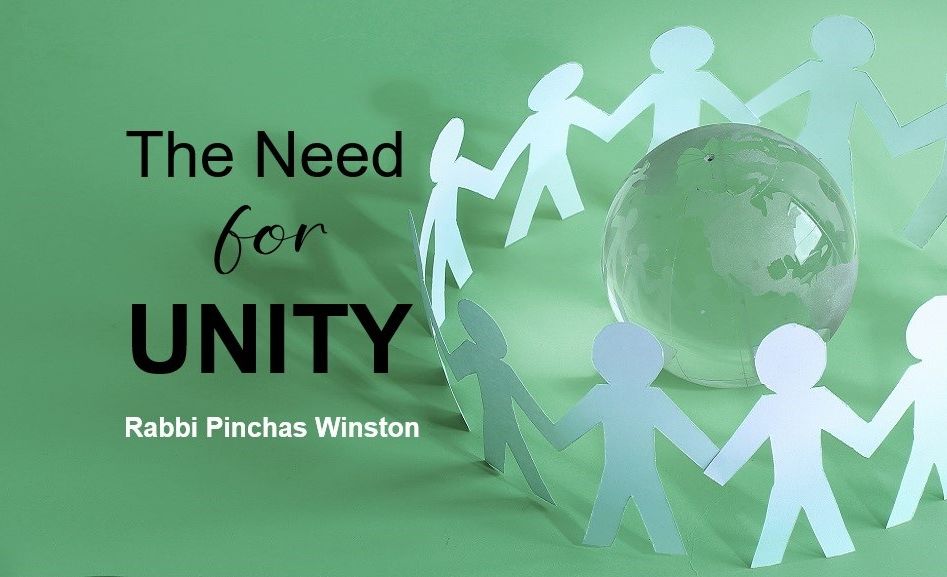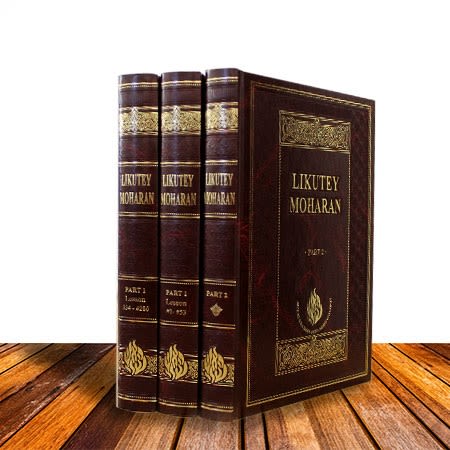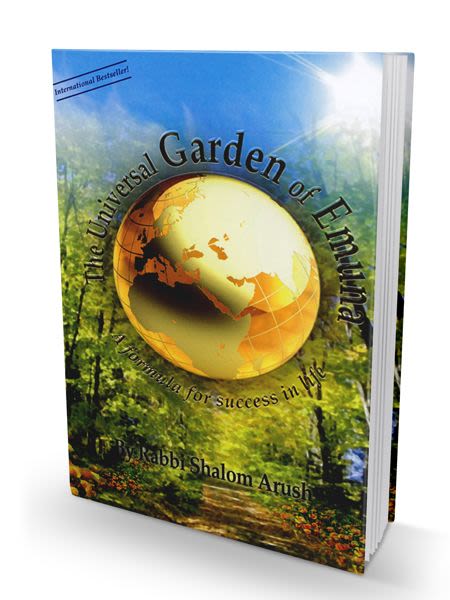
Behaalotcha: Laws for Leaders
Sometimes one's zealousness can backfire with disastrous results. People can become so involved in a "cause" that other important issues fall by the wayside…

טו וַתִּסָּגֵ֥ר מִרְיָ֛ם מִח֥וּץ לַמַּֽחֲנֶ֖ה שִׁבְעַ֣ת יָמִ֑ים וְהָעָם֙ לֹ֣א נָסַ֔ע עַד־הֵֽאָסֵ֖ף מִרְיָֽם
For seven days, Miriam remained quarantined outside the camp, and the people did not move until Miriam was able to return home. (Bamidbar 12:15)
This, of course, was Miriam’s punishment for speaking loshon hara (evil speech) about her brother, Moshe. The Midrash makes it clear that Miriam spoke with Moshe’s best interest in mind, and on behalf of her sister-in-law, Moshe’s wife, Tzipporah. However, her complaints about Moshe still constituted loshon hara, and she was denied political immunity (even the sister of Moshe was treated as any other Jew with respect to the laws of loshon hara, suffering tzaraat (leprosy-like skin affliction) as a result).
This was another example of a fall from grace. Miriam was the one who was responsible for the birth of Moshe, because it was she who convinced her parents to remarry in Egypt and have children after Paroah decreed death for all the male-born children. The first child Amram and Yocheved gave birth to was Moshe himself.
And it was Miriam who watched from the bulrushes as the baby Moshe floated helplessly on the Nile river towards the daughter of Paroah. Thus, it was in her merit that the miraculous well of water followed the Jewish people around in the desert for forty years, constantly replenishing their life-saving water supply.
And yet, in this week’s parshah, Miriam not only had to suffer the physical consequence of speaking loshon hara, but she was also responsible for holding up the entire Jewish nation from moving forward on their way to Eretz Yisroel. What demerit! What humiliation!
Hence, this whole episode, as bizarre as it may seem, is an important lesson about leaders and leadership. Like many traits in life, the drive to benefit others can be a double-edged sword. Miriam, like all the righteous people of Jewish history, rarely thought of herself. She wasn’t after riches, fame, or glory; she just wanted to serve G-d and her people. If so, then what went wrong?
What went wrong is that, sometimes one’s zealousness to do the right thing can backfire, often with disastrous results. People can become so involved in a “cause” that other important issues can fall by the wayside at important times. Issues, such as in Miriam’s case, being verbally critical about others in violation of the laws of loshon hara.
In fact, when it comes to leadership, the laws of loshon hara are the hardest to observe, because it is difficult, as a leader, not to talk about other people. Furthermore, in furthering the “cause” one often feels justified in speaking disparagingly about others–for the sake of the cause, of course. It is a tough call, and in the end, a big test.
However, it is a test that every Jewish leader must live up to, because if one does not, then even the cause suffers in the end. Not only does loshon hara result in personal humiliation for the leadership itself, but can, in the end, cause the overall mission to become reversed as well, undoing much of the good that proper leadership had brought about.
***
Pinchas Winston is the author of over 95 books on various topics that deal with current issues from a traditional Jewish perspective. He has also written on the weekly Torah reading since 1993, called “Perceptions”, as well as on current topics and trends affecting Jewish history, past and present. One of his missions is to make the depth and beauty of the more mystical teachings of Torah understandable and accessible to those who can really benefit from them. Visit his website at thirtysix.org.












Tell us what you think!
Thank you for your comment!
It will be published after approval by the Editor.